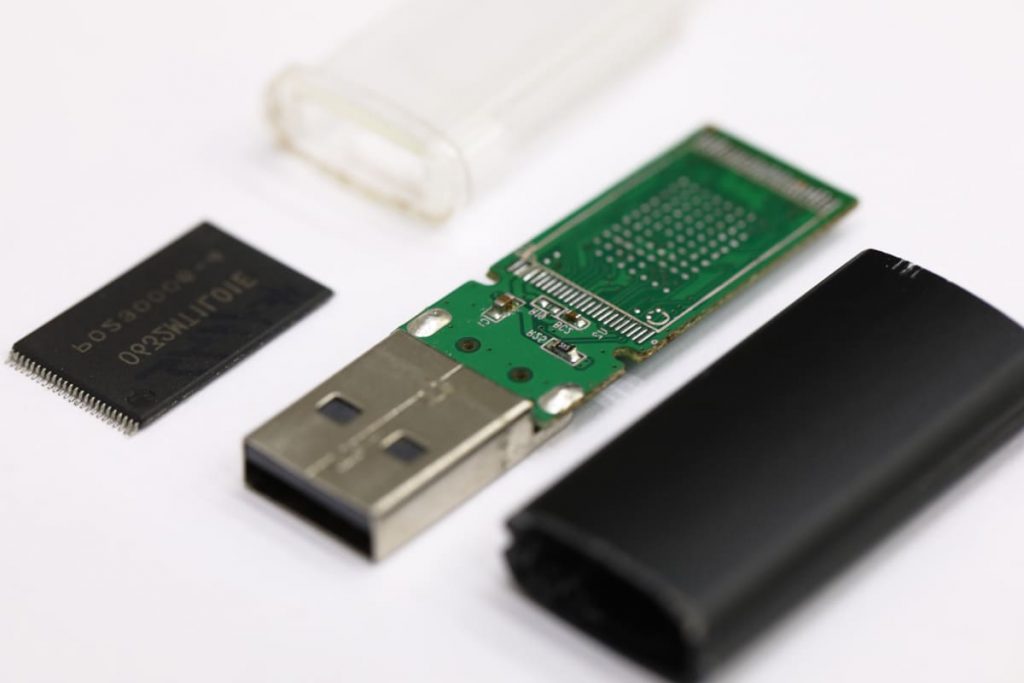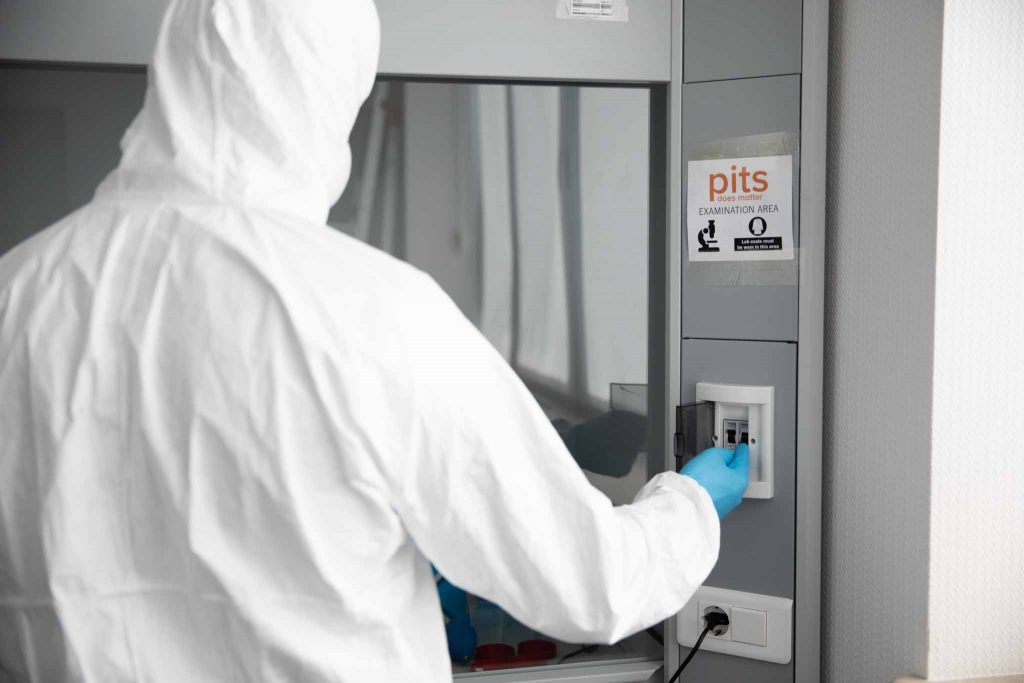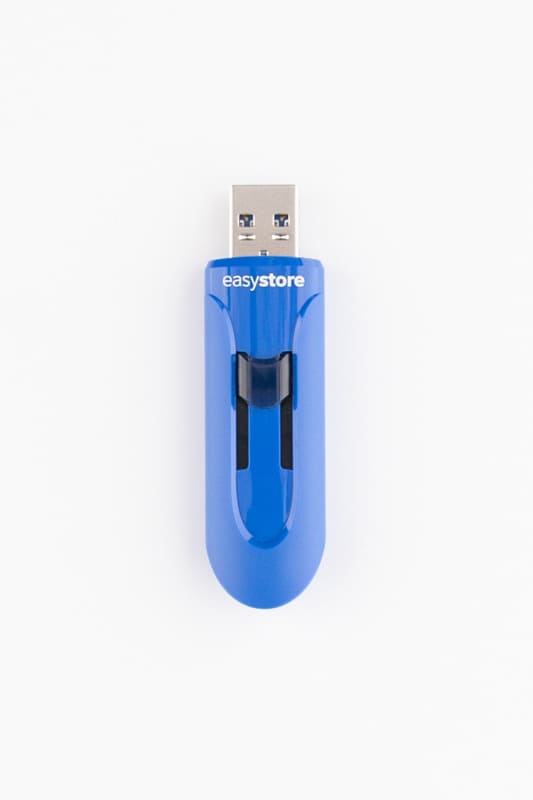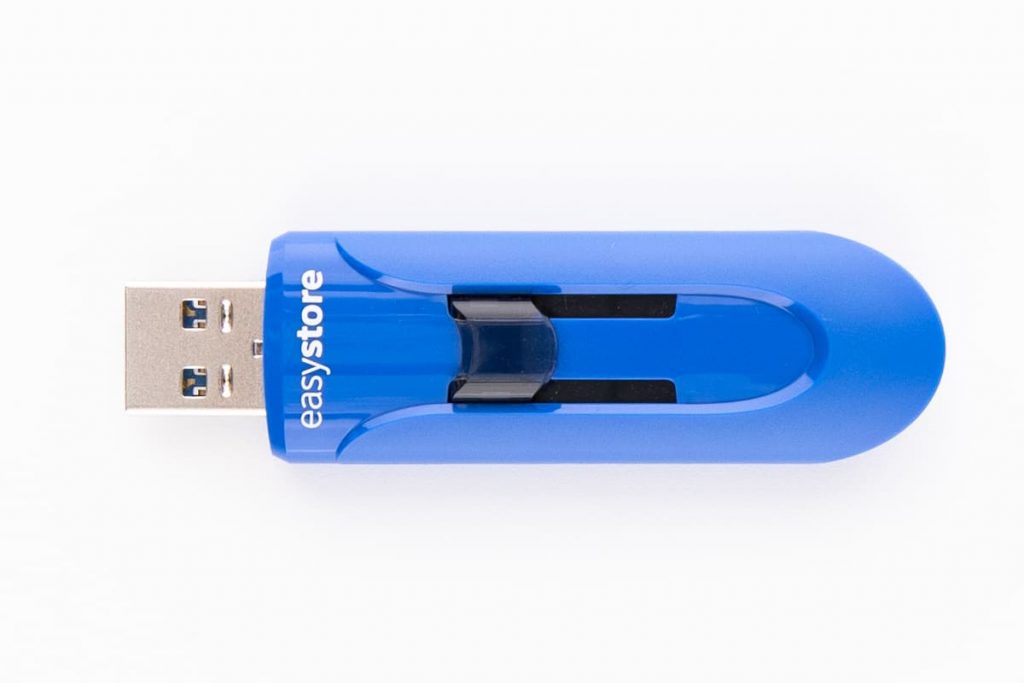Encryption is critical in safeguarding sensitive data, acting as a robust security measure in today’s digital landscape. Manufacturers have recognized its significance and seamlessly integrated encryption functionality into storage devices like flash drives and SD cards. In this way, it is possible to empower users to keep their data secure from unauthorized access.
While encryption offers powerful protection, it does come with certain drawbacks. The complexity of data access poses a significant challenge, especially when users must remember encryption passwords or keys. Access to encrypted data becomes nearly impossible without the correct credentials, resulting in potential data loss.
It is crucial to adopt strong password management practices. Another important factor is employing encryption key recovery mechanisms when necessary to mitigate this risk.
NFTS and Encryption of the File System
EFS is a feature of the New Technology File System (NTFS) that comes pre-installed on devices through the operating system. Windows systems support EFS on NFTS. NTFS is a file system with many features and functions. One is that Encrypting File System (EFS) provides secure and understandable encryption of files and folders on NTFS partitions.
One of the features of NTFS is the ability to compress files in real-time using a fast streaming compression algorithm. This feature helps to write protected file structures. Compression algorithms in NTFS aim to provide compressed data’s most understandable and transparent user experience.
It is important to note that EFS encrypts data on a per-file basis. Remember also that it does not use free space specifically for encryption. However, any encrypted files that are lost or deleted will remain encrypted on the drive, even if they are already on a drive space marked as “free.”
With this system, you cannot encrypt and compress files simultaneously, as these are mutually exclusive options.

Furthermore, NTFS provides an additional safeguard through its write-protected file structures, adding an extra layer of data protection. With the ability to set precise permissions and access controls, NTFS empowers users to determine and regulate who can modify, delete, or read specific files and folders. This fine-grained power level enhances data security and mitigates the risk of unintended data loss caused by unauthorized modifications.
Recently, a client contacted us with a non-trivial case: WD EasyStore encrypted flash drive. Drives of this type have hardware encryption, so the data recovery specialist must deal with the failure and all the problems resulting from encryption after a device failure.
"*" indicates required fields
Encrypted EasyStore Flash Drive Data Recovery
The customer shipped his flash drive to our laboratory after the consultation. We received the flash drive with encryption, and our engineers started the process of data recovery from flash drive with diagnostics. The technicians unsoldered the flash drive in an advanced lab and found out that the memory controller was damaged.

Our engineer carefully unsoldered the NAND chip and extracted all the data. The next step was to decrypt all the accessed files. In the client’s case, the device had a password but was formatted. As it turned out, even this is enough to lose access to data.
The FAT32 file system, in which most flash devices are formatted, does not retain any traces of file records during formatting.
The table itself is completely overwritten. After such formatting, restoring the file structure is usually achieved by analyzing all data with the construction of file trees based on the remaining records of files and folders. Under normal conditions, even with a complete loss of data on the file allocation table – FAT, the data can be restored by the so-called draft recovery – searching for files by their signatures.
FAT32 Data Decryption Process
In order to distinguish one type of file from another, a signature is used. It is placed at the beginning of the file and is a file type identifier. At the same time, special data decrypting keys of our own design are used to search for fragmented files. Generally, it is possible to recover up to 99.99% of lost data utilizing a draft recovery.
The only inconvenience of a draft recovery is that the output is just a set of files of the same type: Word documents, JPEG pictures, etc., sorted into the appropriate folders. However, the volume of information written on flash drives is usually small, and their manual processing after recovery takes little time.
Decrypting is very complex without knowing the encryption key and not owning the correct decryption algorithm. NTFS encrypts data using a sizeable symmetric key. This encryption is entirely transparent to the user and applications requesting access to encrypted files via system APIs. However, when accessing encrypted files by reading the disk directly bypassing system APIs, only encrypted data is accessible.

Our skilled engineers solve complex cases with the highest level of professionalism. They successfully decrypted the files and transferred them to a new flash drive. We made a remote file verification for the customer. He approved the data retrieval results and left a good review on Trustpilot for the flash drive recovery service.
Contact PITS Global Data Recovery Services at customer support line or fill out the form to request our professional data retrieval solutions. Our specialists will securely and confidentially retrieve all your essential files.
Frequently Asked Questions
Are flash drives recoverable?
Yes, flash drives can generally be recovered to a certain degree, depending on the nature and extent of the damage or data loss. However, in cases where physical damage is involved, data recovery becomes more challenging and may necessitate the expertise of professional data recovery specialists.
What is an encrypted flash drive?
An encrypted flash drive is a USB storage device that uses encryption technology to secure data. Encryption transforms data into an unreadable format, accessible only with the correct key/password. Ensures secure protection against unauthorized access.
Can you password encrypt a flash drive?
You can password encrypt a flash drive to safeguard its contents from unauthorized access. Some flash drives have built-in encryption software, while others may need third-party tools. By using encryption software, you can set a password or passphrase as the decryption key, ensuring only authorized users can access the data and keep it secure.
Is NTFS encrypted?
NTFS supports encryption on Windows systems through the Encrypting File System (EFS). With EFS, you can encrypt individual files and folders on an NTFS-formatted drive, providing an extra layer of security. Only the user who encrypts the files or a designated recovery agent can access the encrypted content. EFS encrypts individual files, not the entire drive.
